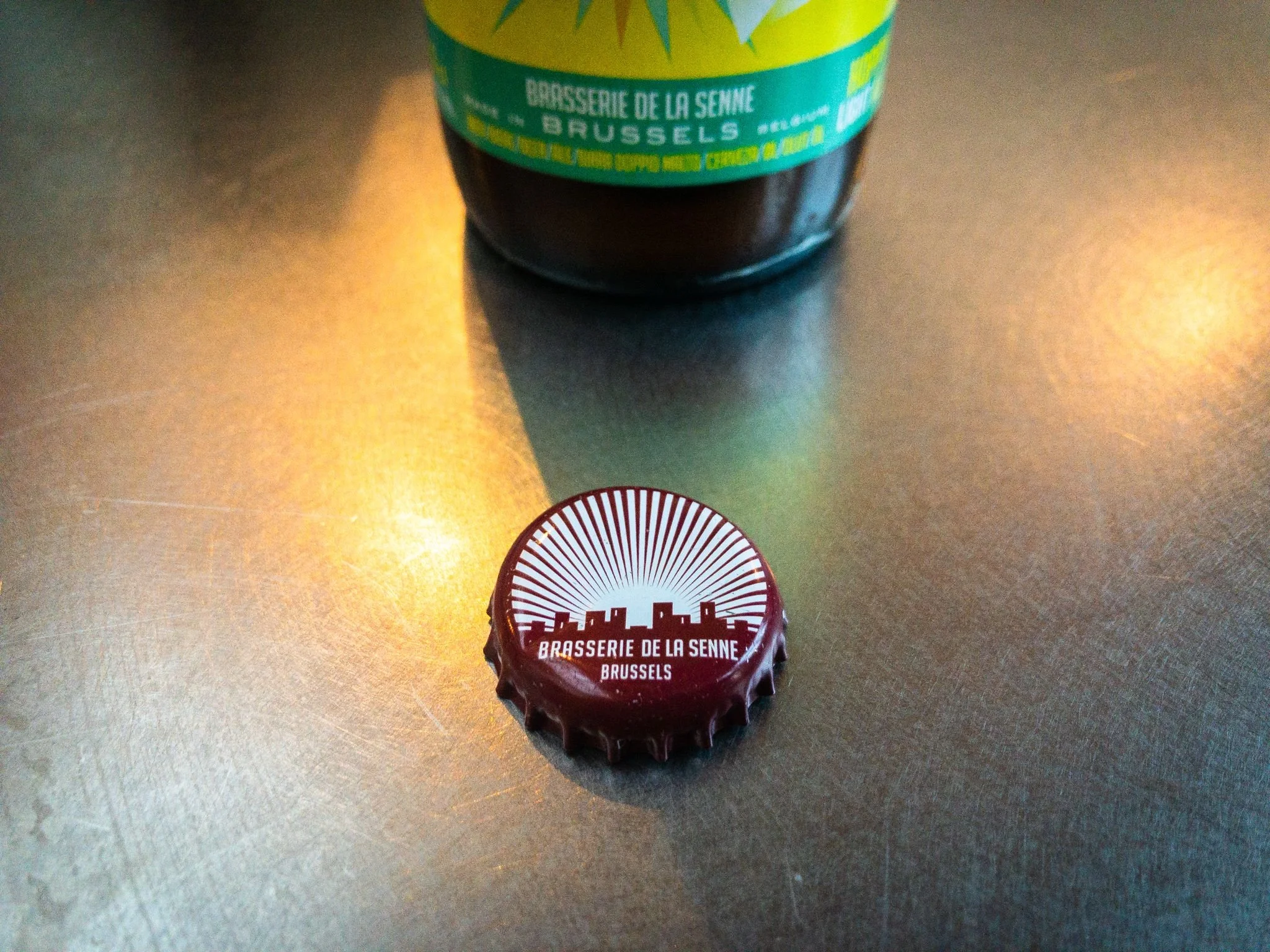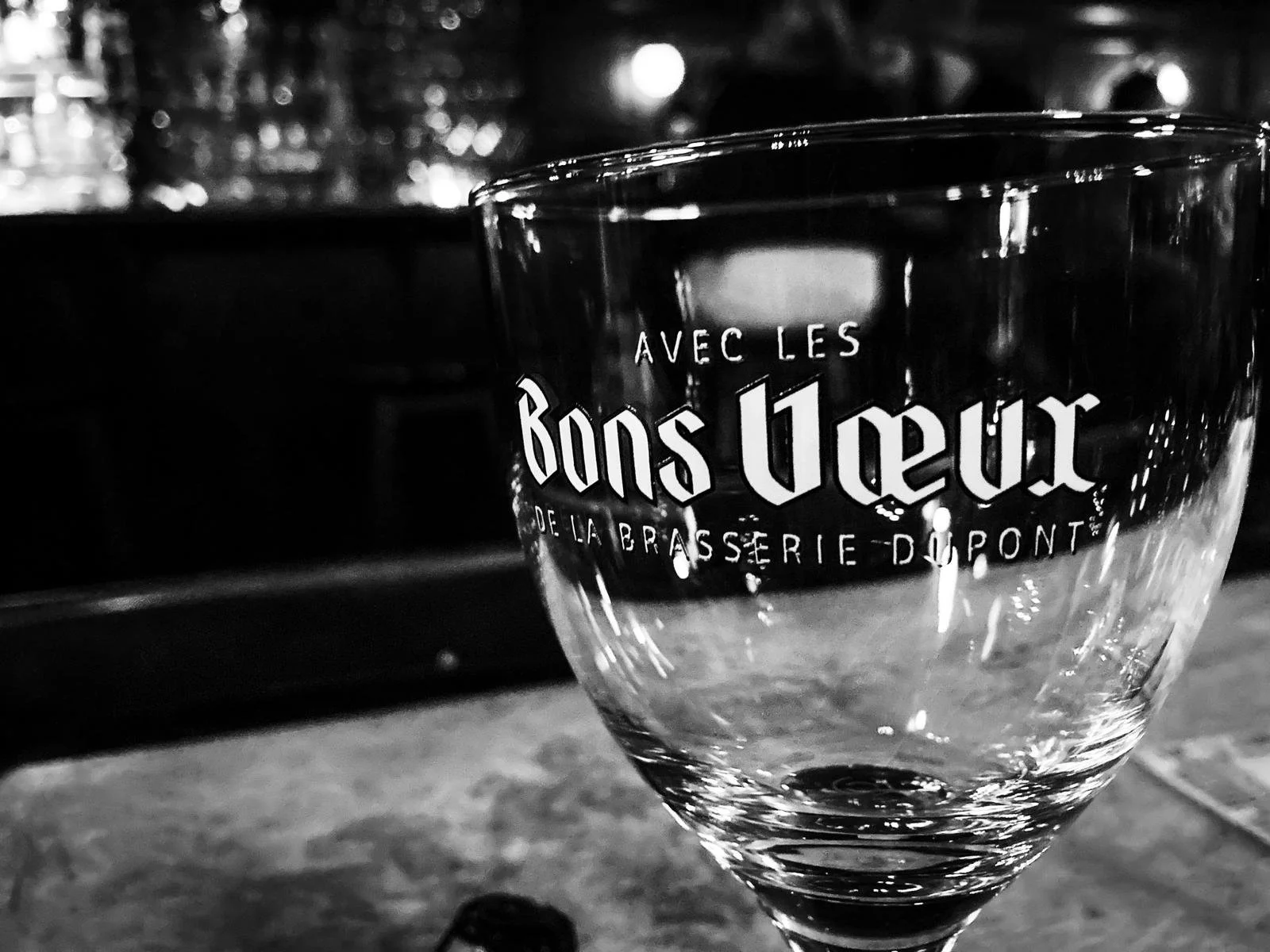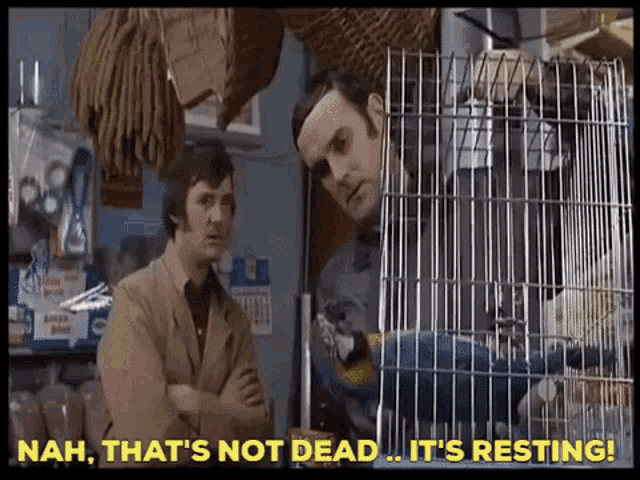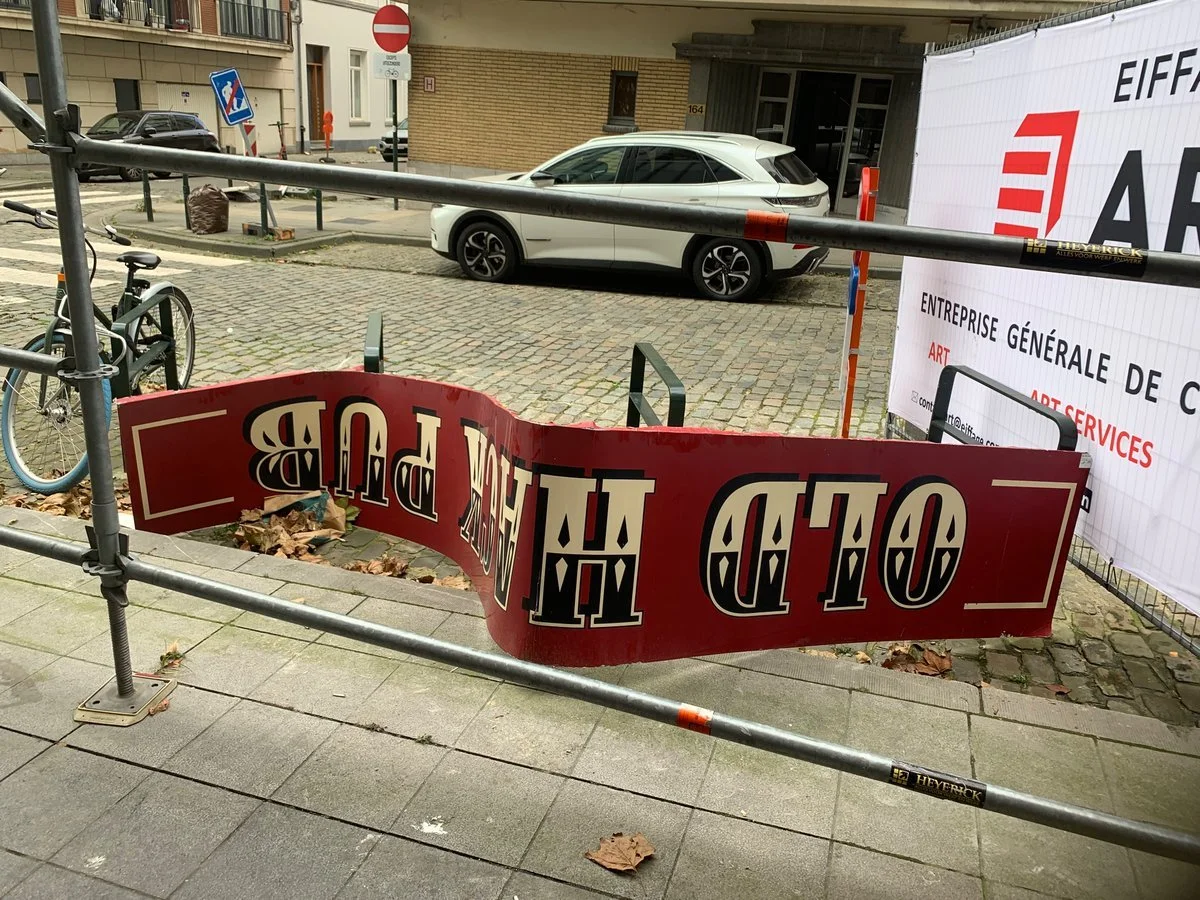Belgian beer labels and sexism // #TimesUp for turning a blind eye
Belgian beer culture is the only one in the world that is recognised by UNESCO as intangible cultural heritage. With that recognition comes a responsibility to make sure that this culture is open and inclusive. The consequences of movements like #MeToo and #TimesUp are bringing up hard questions about sexism, misogyny and gender equality in beer. Is Belgian beer culture and the beer community ready and willing to answer them?
Establishing general principles
In early February British beer writers Boak and Bailey posted an article about what they saw as a peculiar blind spot in the on-going debate in the UK around beer labels and sexism. Specifically, they were puzzled as to why Cantillon’s Rose de Gambrinus label escaped the opprobrium that other, less feted breweries have received for labels judged to have used sexist or misogynistic imagery of women. Their conclusion, which you can read here, was that distance combined with cultural cache meant that Cantillon got a free pass on this, “because they are cool, interesting and mysterious in a way microbreweries in middle England rarely are.”
“We need to make space in Belgian beer culture for people to be able to express this opinion, and to have their views listened to.”
If the Belgian beer scene is to deal with sexist beer labels, we have to accept that there is a conversation to be had around the portrayal and objectification in beer marketing in this country. And I am not sure that everyone is ready for that yet. This is not meant to be a critique of the Cantillon label, or any other label, but a call for the acceptance of the general principle that sexist beer labels are wrong, and that we need to make space in Belgian beer culture for people to be able to express this opinion, and to have their views listened to.
"Boundaries are continuing to change"
Quick disclaimer: in my day job, I work for an organisation involved in to the promotion of women’s rights and gender equality, so naturally I come to this from a particular perspective. In the specific instance of the Cantillon label, I would see it as bad art rather than cynical exploitation. As Boak and Bailey say in their article, “the bar has clearly moved and the boundaries are continuing to change. Things that seemed fine a decade ago, or even a couple of years back, have acquired an unpleasant stink”. On the other hand, I am acutely conscious that, as a white, middle class man, my perspective may not be the most authoritative when it comes to judging whether something is sexist or not; in any case, many women have expressed their distaste for the label.
"Political Correctness"
The reaction the article received when I posted it on Brussels Beer City’s Facebook page in part prompted this piece. There were women who said that, yes, sexist beer labels “remind me every single time that I'm a women in a beer industry and struggle to prove my expertise all the time, because of stereotypes.” Equally, however, there were women who expressed no problem with this or other labels – a Belgoo pin-up was cited – because “the only thing that offends me is bad beer”. One contributor juxtaposed the nude calendars of her male colleagues in the 1990s, which she did not appreciate, to beer labels today that “might be stupid, even naive, but they don’t bother me at all, or at a similar degree to what a label with monsters or zombies might do.” Then there were the men said that, essentially, there is no need to bring political correctness into beer. Each to their own, but it's that latter argument that rankles most.
“Sexist beer labels ‘remind me every single time that I’m a women in a beer industry and struggle to prove my expertise all the time, because of stereotypes.’”
There is no section of society or the economy that has a right to close itself off from discussions about gender equality, diversity and minority representation, and sexism and misogyny. Least of all something like brewing, which has been central to human civilisation since, basically, it started. And, it is not as though Belgian brewing has nothing to be proud of.
Proud history of women-led breweries
There is a distinguished history of women-led breweries that continues today with the likes of An De Ryck at Brouwerij de Ryck, the Dilewyns sister at Brouwerij Dilewyns, and Cathérine Minne at Brasserie de Bastonge. One of the country’s most recognisable beer personalities is Sofie Vanrafelgem. Brouwerij Huyghe bring women to the brewery to brew a special beer for International Women’s Day each year.
The only problem is, Huyge are also responsible for putting out La Mere Noel, the label of which is a women dressed in a revealing Santa Claus costume sitting on a chair. Textbook objectification, as well as lazy design. That was another objection that commenters raised: these labels lack creativity and ape the marketing choices of industrial beer. For a beer culture that often prides itself as holding diametrically opposite principles to the likes of AB Inbev (see: Jupiler and “mannen weten waarom"), why does this stop at the making of beer and not the selling of it?
“‘Beer culture in Belgium contributes to the economic and social viability at local level and the constitution of the social identity’. If it is to mean anything, this ‘social identity’ has to make room for discussions about the role, and depiction, of women in this culture”
We are better than this
Belgian beer culture is better than this. Or at least, it should be. When recognising it in 2016, Unesco said that “beer culture in Belgium contributes to the economic and social viability at local level and the constitution of the social identity". If it is to mean anything, this “social identity” has to make room for discussions about the role, and depiction, of women in this culture.
Women who are working in the industry – the trailblazing brewers mentioned above, salespeople, bar staff – are much better placed than me to call out examples of sexism, more serious instances of harassment in Belgian beer. The conversation around beer and sexism feels like it is a couple of years behind where it is in the UK or US. That means that we can learn from their experiences and be proactive in our responses. If and when women do come forward to tell their stories or to object to sexist beer labels, as one commenter said last week “when someone raises the fact that something is or may be sexist, just read or listen to what women think of that.”
When these issues raise their heads in Belgium, and judging by the experience of other countries they will, we cannot avoid them under the guise of rejecting political correctness or because they make us feel uncomfortable. #TimesUp for that kind of a response.










